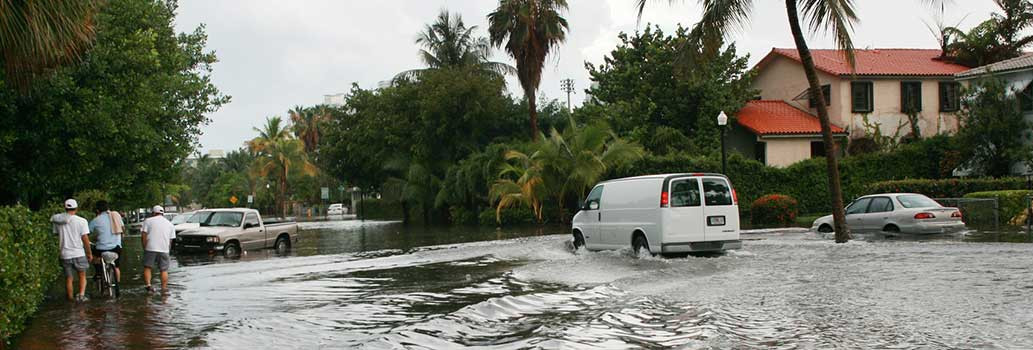Prepare for a Nuclear Power Plant Emergency
The Turkey Point Siren system is comprised of outdoor sirens that are located within a 10-mile area of the Turkey Point Nuclear Power Plant. In the event of an emergency at the Turkey Point Nuclear Power Plant, these sirens will be activated to alert the public regarding an emergency at the plant and to provide instructions to tune in to local media, television or radio, for specific information or instructions. Announcements will be made in both English and Spanish.
- The siren system will be activated when there is an emergency at the plant or during quarterly siren tests
- The sirens will sound within a 10-mile area around the Turkey Point Nuclear Power Plant
- People who live, work, visit or go to school within 10 miles of the Turkey Point Nuclear Power Plant will hear the sirens which sound off at 15-minute intervals and provide emergency information or instructions on protective actions
Before an emergency
Protect yourself, your family and your property from the effects of a nuclear power plant emergency.- Build an Emergency Supply Kit with the addition of plastic sheeting, duct tape and scissors
- Make a Family Emergency Plan
- If you live within 10 miles of the power plant, you should receive the materials yearly from the power company
During an emergency
- If an accident at the Turkey Point Nuclear Power Plant were to release radiation in your area, local authorities would activate warning sirens and instruct you through the Emergency Alert System on local television and radio stations on how to protect yourself. Follow the Emergency Alert System instructions carefully
- Minimize your exposure by increasing the distance between you and the source of the radiation. This could be evacuation or remaining indoors to minimize exposure
- If you are told to evacuate, keep car windows and vents closed
- If you are advised to remain indoors, turn off the air conditioner, ventilation fans and other air intakes
- Shield yourself by placing heavy, dense material between you and the radiation source
- Stay out of the incident zone
After an emergency
- Go to a designated public shelter if you have been told to evacuate
- Act quickly if you have come in to contact with or have been exposed to hazardous radiation
- Follow decontamination instructions from local authorities
- Change your clothes and shoes; put exposed clothing in a plastic bag; seal it and place it out of the way
- Seek medical treatment for unusual symptoms as soon as possible
- Listen to local radio or television stations for the latest emergency information
- Return home only when authorities say it is safe
- Keep food in covered containers or in the refrigerator
Additional Resources

Emergency Management
Pete Gomez
R. David Paulison Fire Rescue Headquarters
9300 NW 41st St,
Miami, FL 33178-2414
305-468-5400 | [email protected]
